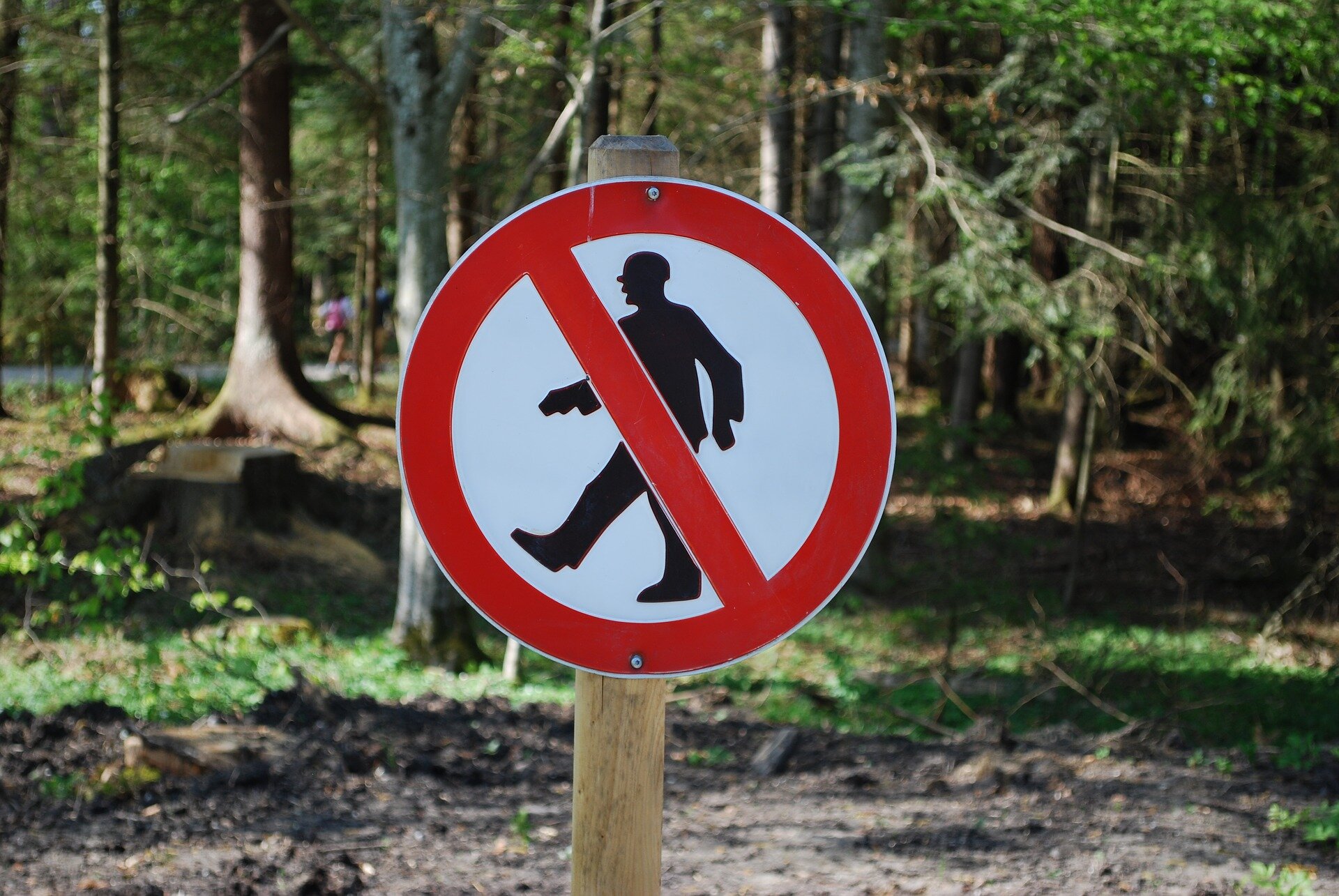Blogging Nietzsche—Nietzsche's Poetry: "Undaunted"
Next up in my philosophical reflections on Nietzsche’s poetry is “Undaunted” (Nietzsche, The Gay Science, ‘Joke, Cunning, and Revenge’ Prelude in German Rhymes, No. 3):
3. Undaunted
Where you stand, there dig deep!
Below you lies the well!
Let obscurantists wail and weep:
‘Below is always — hell!’
Like much of Nietzsche’s poetry, “Undaunted” is an artistic and metaphorical expression of various aspects of Nietzsche’s overall philosophy. Let’s examine “Undaunted” line by line to see how it relates to Nietzsche’s philosophical views.
Line 1: “Where you stand, there dig deep!”
Individualism is a major theme of Nietzsche’s overall philosophy—not merely in the sense of self-reliance but in the sense of personal and artistic authenticity, and of strength of individual character. Nietzsche is reminding us in this line that our source of strength can be found right where we are, within ourselves, today, even if that strength is sometimes buried deeply within us.
Line 2: “Below you lies the well!”
In line 2, Nietzsche is taking a subtle jab at those who seek strength elsewhere—whether in others or in the heavens above as many Western religious believers tend to do. Nietzsche is saying here that the source of our strength is earthly and situated in our own embodiment and situatedness. This line also reminds us that our starting point for the next phase of our lives is always our present circumstances, wherever our feet presently stand. Rather than seeking to escape our present situations—even if we are about to set off on a journey—the starting point is the strength you can find within yourself in the present moment, wherever you are and whatever your present circumstances.
Lines 3 and 4: “Let obscurantists wail and weep: Below is always — hell!”
In lines 3 and 4, Nietzsche is barely hiding his deep distaste for religious moralists who not only look to the heavens as a form of escapism, as in line 2, but who below themselves (metaphorically) see only hell instead of the individual strength of character referred to in line 1. According to Nietzsche, the Western religious mindset—especially of the moralizing and judgmental variety—is a sign of weakness of character, a herd-like mindset from which strong individuals must break free.
So while religious believers look to the heavens for strength—often to escape the burdens of their embodied lives in the actual world—and while they see only the moralizing and fiery pits of hell below them (a fear-based concept for Nietzsche) to guide and steer them, the strong individual frees himself or herself from escapism, fear, and superstition—instead relying on his or her own inner strength here in the actual world and within oneself.
Your present reality is not something to be avoided or escaped—either in the heavens above or in hell below—and your own authentic nature is not something to moralize, deny, or reject. These are your true strengths—your own inner nature and your own embodied self—with your feet planted firmly where you are and with the boldness of character to set out on whatever most-authentic journey lies before you.
For Further Reading:
The Gay Science by Friedrich Nietzsche







